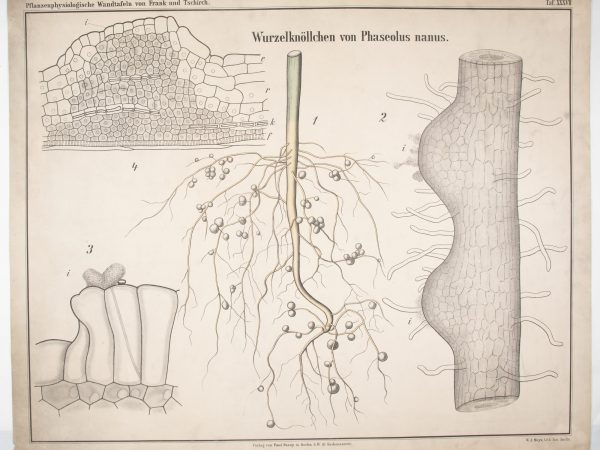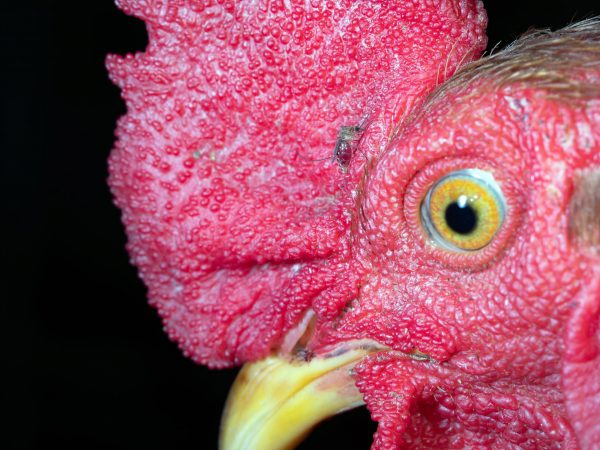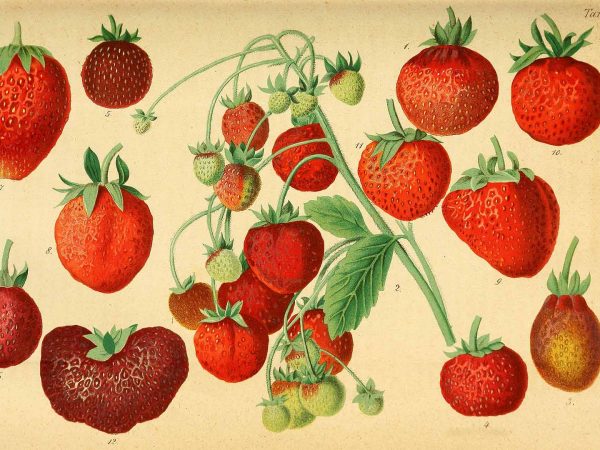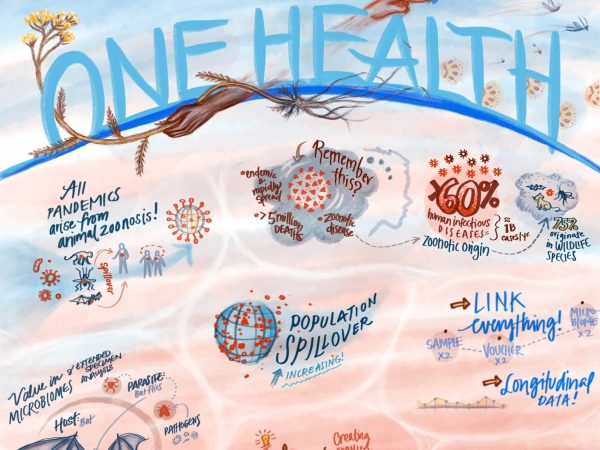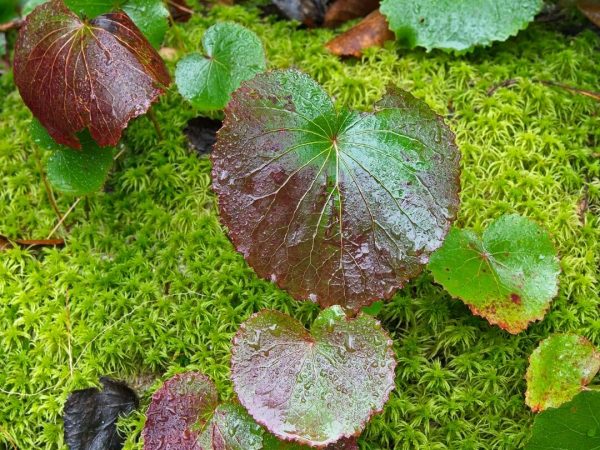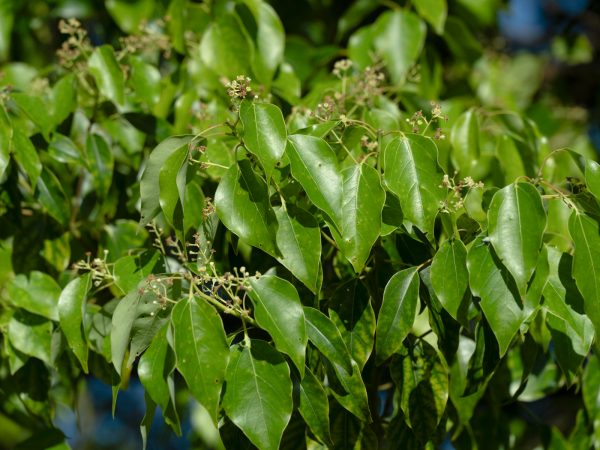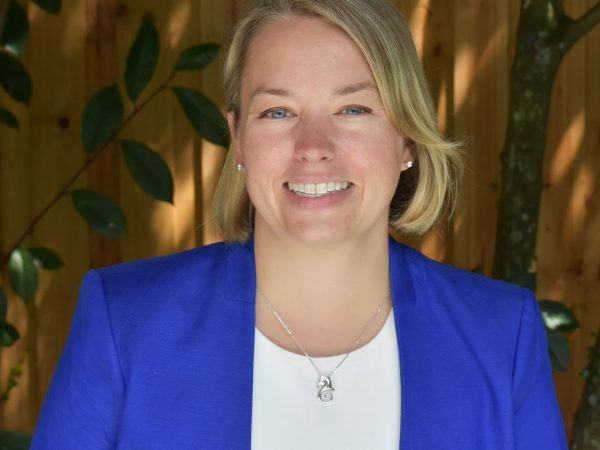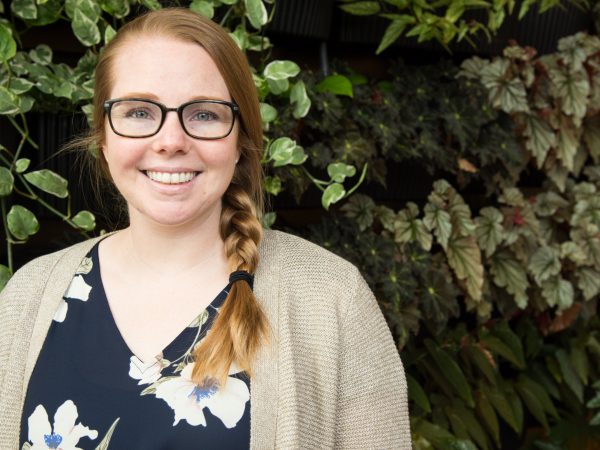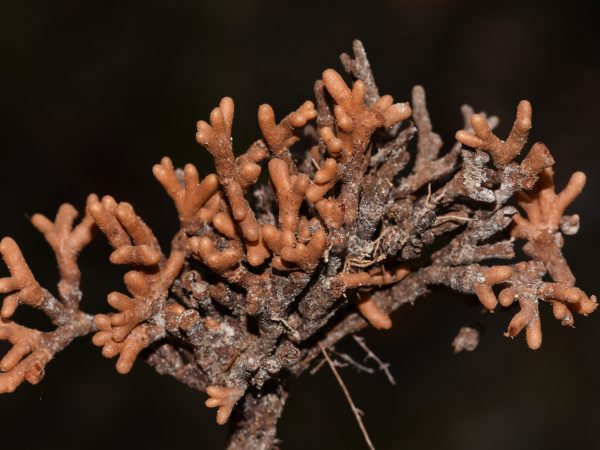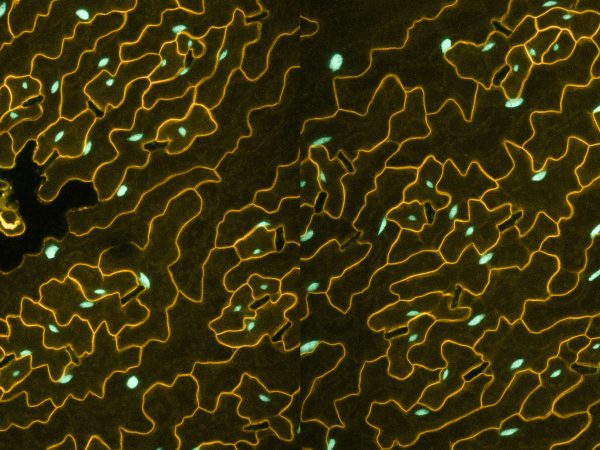Some plants can make their own fertilizer with this one weird trick. Scientists say they learned it more than once.
Key points Low nitrogen availability is the number one limitation to plant growth in most ecosystems. Farmers compensate by adding…
Read More
Disease experts team up with Florida Museum of Natural History to create a forecast for West Nile virus
Key points State and local officials in Florida maintain hundreds of coops with what are referred to as sentinel chickens,…
Read More
UF study traces complex history of the strawberry
If you eat fruits or vegetables, how often do you think about their history? Former University of Florida post-doctoral researcher…
Read More
Paper addresses natural history collections’ role in pandemic preparedness
Natural history collections contain information needed to prevent, prepare for, and respond to disease outbreaks that could turn into a…
Read More
A plant you’ve never heard of can do what scientists once thought impossible
About 3.7 billion years ago, a string of naturally occurring molecules — the same kind that astronomers have found in…
Read More
Introduced trees are becoming more common in the eastern United States, while native diversity declines
In the largest study of its kind, researchers at the Florida Museum of Natural History have used data from a…
Read More
National Academy of Sciences names Megan Ennes early career fellow in education research
Megan Ennes, curator of museum education at the Florida Museum of Natural History, has been named a 2024-2026 research fellow…
Read More
Three Florida Museum postdocs receive UF awards
Three postdoctoral associates at the Florida Museum of Natural History have received awards from the University of Florida highlighting their…
Read More
Building a roadmap to bioengineer plants that produce their own nitrogen fertilizer
Nitrogen fertilizers make it possible to feed the world’s growing population, but they are also costly, harm ecosystems and require…
Read More
New $12.5 million National Science Foundation grant awarded to study phenomenon affecting agriculture, cancer, biodiversity and more
It’s in your heart and liver, in the vegetables you eat, in the rogue cells that cause cancer. Those who…
Read More
